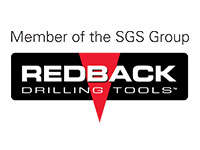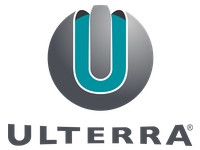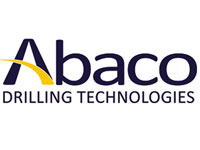AADE Houston IETG Meeting
When: Jan 19, 2023
Want to SPONSOR the IETG Meetings? The cost is $600 for the calendar year. Click Here to Sponsor!
REGISTER HERE
DATE: Thursday, January 19, 2023 - 1:30 PM - 4:00 PM
From I-10 Katy Freeway, take the Eldridge Parkway exit south to Enclave Parkway.
Turn left on Enclave Pkwy; take Olive Hill Drive to the back entrance of the parking garage for parking.
Once you enter the building, please sign in on the iPad and walk up the stairs to the conference room.
COST: Member: Free to attend / Non-member: $15
Non-members have the option to join as a member or renew your membership before registering, then the meeting cost will be free as well as all subsequent DTC meetings for 2023.
Program Topic: “Exploring Alternative Applications for Oilfield Expertise"
SPEAKERS:
1. Ismail Ceyhan, PhD, Senior Technical Advisor – Blade Energy Partners
Presenting: “Critical Design Issues of Carbon Sequestration Wells”
Carbon Sequestration Wells, required for CCUS, are ‘critical complex’ wells that require advanced thermal and pressure design over the variety of load cases to which they’ll be exposed. Though there certainly are many similarities with HPHT and Geothermal wells, Carbon Sequestration Wells are unique, depending on the storage subsurface conditions and minimum-to-maximum pressure & volume capacities, and injection rates. Ismail will review the relation between subsurface, operating parameters, and thermal effects that drive Carbon Sequestration Wells design.
Ismail has over 30 years of engineering experience. After graduation, Ismail worked for ExxonMobil in its development and upstream research organizations as a reservoir and drilling engineer. He specialized in reservoir simulation for optimum field development, optimizing field development plans for offshore fields in Nigeria and Angola, and supervised the design and drilling of wells in South Texas. Since joining Blade, Ismail has concentrated on solving novel and challenging technical problems in the oil industry. His projects included a history match and infill drilling study for a giant offshore field in the Middle East, an experimental formation damage study for numerous fields in Russia, a subsea hydrate stability and mitigation study for a field offshore Malaysia, the design of a formation evaluation program for an appraisal well offshore Israel, and currently reservoir characterization for a natural gas storage field. Ismail is also an expert in modeling surface systems for thermal delivery in geothermal and co-production scenarios. He has researched new drilling fluid mixtures for a client under specialized severe conditions. He has also served as an expert witness in quantifying lost production for a dispute in the United States. Currently Ismail leads Blade’s subsurface and well engineering for CCS and Geothermal projects. Ismail received his BS and MS degrees from Stanford University, and his PhD degree from Massachusetts Institute of Technology. He is a registered engineer in mechanical and petroleum engineering disciplines in Texas and Maryland.
2. Adam Rowe, Chief Metallurgist – Stress Engineering
Presenting: “Corrosion Resistant Alloys in CO2 Injection Wells for CCS and CCUS Projects”
As carbon capture and sequestration (CCS) and carbon capture utilization and storage (CCUS) projects continue to develop, there is a growing need for comprehensive material selection guidelines for injection wells. Injection wells for CCS projects may be designed for 50 years of service or longer, and well integrity is critical to keep CO2 sequestered over that time. When free water is expected to be present, either from injectate condensation or from saline formation water, corrosion resistant alloys (CRAs) may be needed to ensure well integrity. Currently, relevant corrosion data for many alloys are not available in supercritical CO2 environments, especially when impurities are present in the stream. This discussion covers important parameters that need to be considered for materials selection decisions based on available data and industry experience.
Adam C. Rowe is a registered professional engineer in the State of Texas with over 15 years of metallurgical engineering experience. Mr. Rowe has specialized expertise in material evaluations, corrosion assessments, welding metallurgy, and metallurgical failure analyses. He has worked on a large variety of projects across several different industries, and recent project experience includes addressing manufacturing, fabrication, and corrosion concerns in carbon capture and sequestration, hydrogen storage, and offshore wind developments. For CCS projects, Mr. Rowe delivers material selection recommendations, procurement specifications, and corrosion testing support for CO2 storage facilities. He holds both a Bachelor of Science degree and a Master of Science degree in Metallurgical and Materials Engineering from the Colorado School of Mines.
3. William Barrett, Commercial Director – 1PointFive, LLC, a subsidiary of Oxy
Presenting: “Carbon Transition Toolbox”
Addressing climate change is one of the most urgent challenges of our lifetime. 1PointFive is a multi-solution platform for Carbon Capture, Utilization and Sequestration (CCUS) that aims to help curb global temperature rise to 1.5°C by 2050.
By commercializing numerous decarbonization solutions, 1PointFive expects to provide practical options for organizations to reduce their carbon impact. Currently, 1PointFive is developing solutions that include Direct Air Capture (DAC), point-source capture, geologic sequestration hubs and AIR TO FUELS™ facilities.
William Barrett is the Commercial Director in 1PointFive, LLC, a subsidiary of Occidental
(Oxy). He received a Bachelor of Science degree in Petroleum Engineering from Texas
A&M University with magna cum laude honors in 1988, and an MBA with concentration
in International Business from the University of St. Thomas. William is a registered
professional engineer in the State of Texas and serves on the University of Houston’s
Petroleum Engineering Advisory Board. Achievements in his 34 years of industry
experience include setting records drilling short radius horizontal wells, managing assets
and technical personnel working oil and gas fields in the Mid-Continent states of the
U.S., managing activities of the largest CO2 flooding operation in the world as the CO2
Project Manager of Oxy’s Permian Basin Division, managing a team to bring EOR
technologies to California oil fields, and adding value to international assets working as a
Vice President of Occidental de Colombia. Mr. Barrett has been involved in all aspects
of the CO2 business including CO2 supply and distribution, the design and
implementation of greenfield and brownfield CO2 EOR projects, and carbon capture,
utilization and storage. He played a part in the NPC’s publication “Meeting the Dual
Challenge, A Roadmap to At-Scale Deployment of Carbon Capture, Use, and Storage”. In
his current role as Commercial Director, William is involved with efforts to advance
leading-edge, low-carbon technologies and business solutions.
4. Malcolm Ross, PhD, Professor Geothermal Energy Systems – UT & Rice University
Presenting: “Geothermal Texas Update 2022 & Outlook 2023+”
Deep Geothermal resource development continues growing throughout Texas and western U.S.A. Technological advances resulted in announcements during 2022 of new Geothermal projects and reinvigoration of legacy Geothermal projects. Malcolm will present an overview of 2022 Geothermal technology advancements and their application to Texas and other projects. The view of these project developments during 2023 & beyond will be shown.
Dr. Malcolm I. Ross is an innovation-focused geoscientist. Now a consultant, he recently worked for the New Energies Research & Technology Team at Shell, focusing on pre-strategic opportunities in the New Energies space, especially Geothermal energy. He taught Geothermal Energy Systems at the Univ. of Texas this Fall, and will do so this Spring at Rice University. While in the Shell GameChanger team, he discovered, funded, and mentored numerous startups, including those focused on Geothermal topics, and helped lead the Shell Ocean Discovery XPRIZE as a science advisor and judge. He holds degrees from Rice University (Ph.D.), the University of Texas (M.S.), and Colgate University (B.A.). He is currently focused on building networks of people and companies focused on accelerating commercial geothermal opportunities and R&D to meet the rising tide of expectation for a sustainable low-carbon world. As a Geothermal advocate, Malcolm is quite active in Geothermal organizations, including the Texas Geothermal Alliance, Geothermal Rising, and more.
Register Here.
Reservations are required!
Deadline for reservations is Noon, Tuesday, Jan 17.
Contact houston@aade.org for any further questions.
Thanks To Our 2023 IETG Sponsors
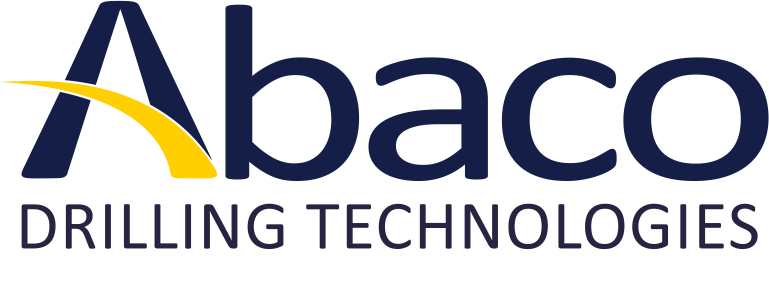

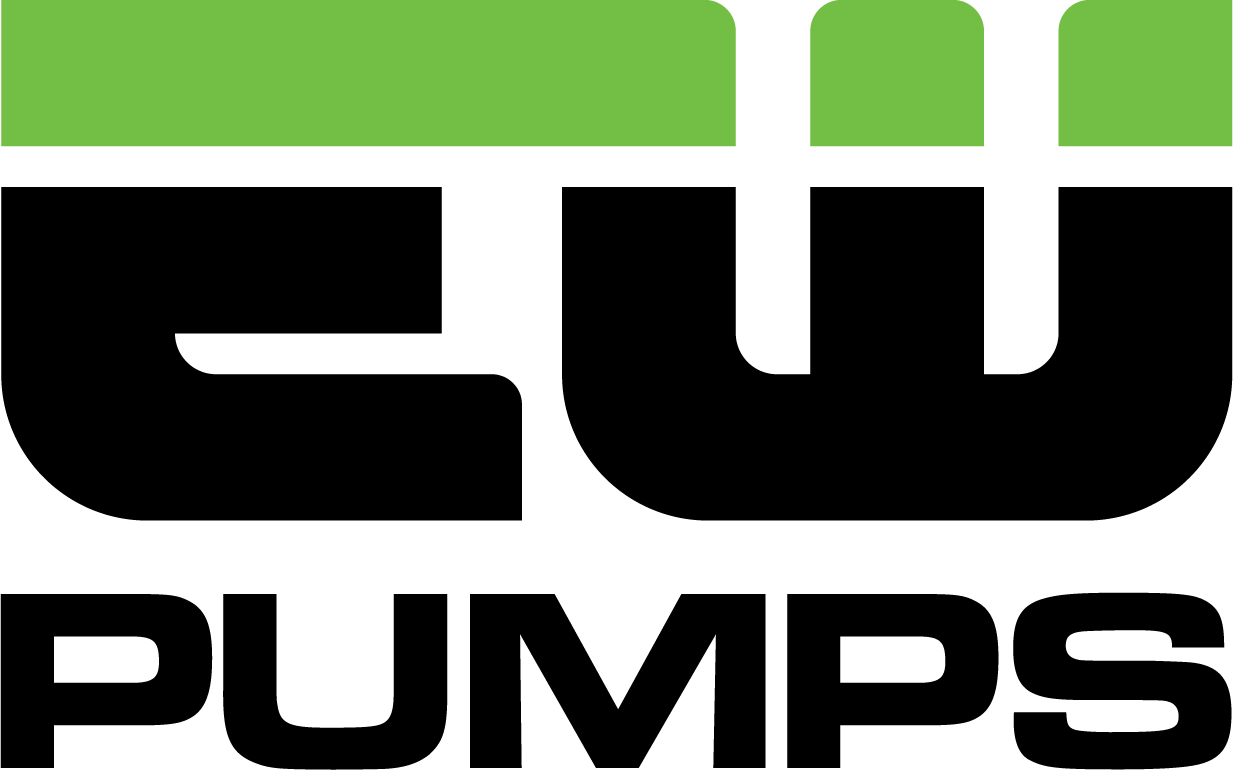
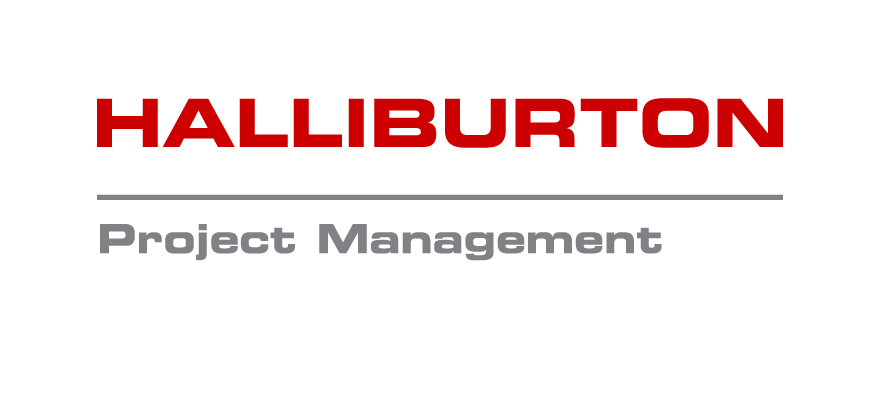
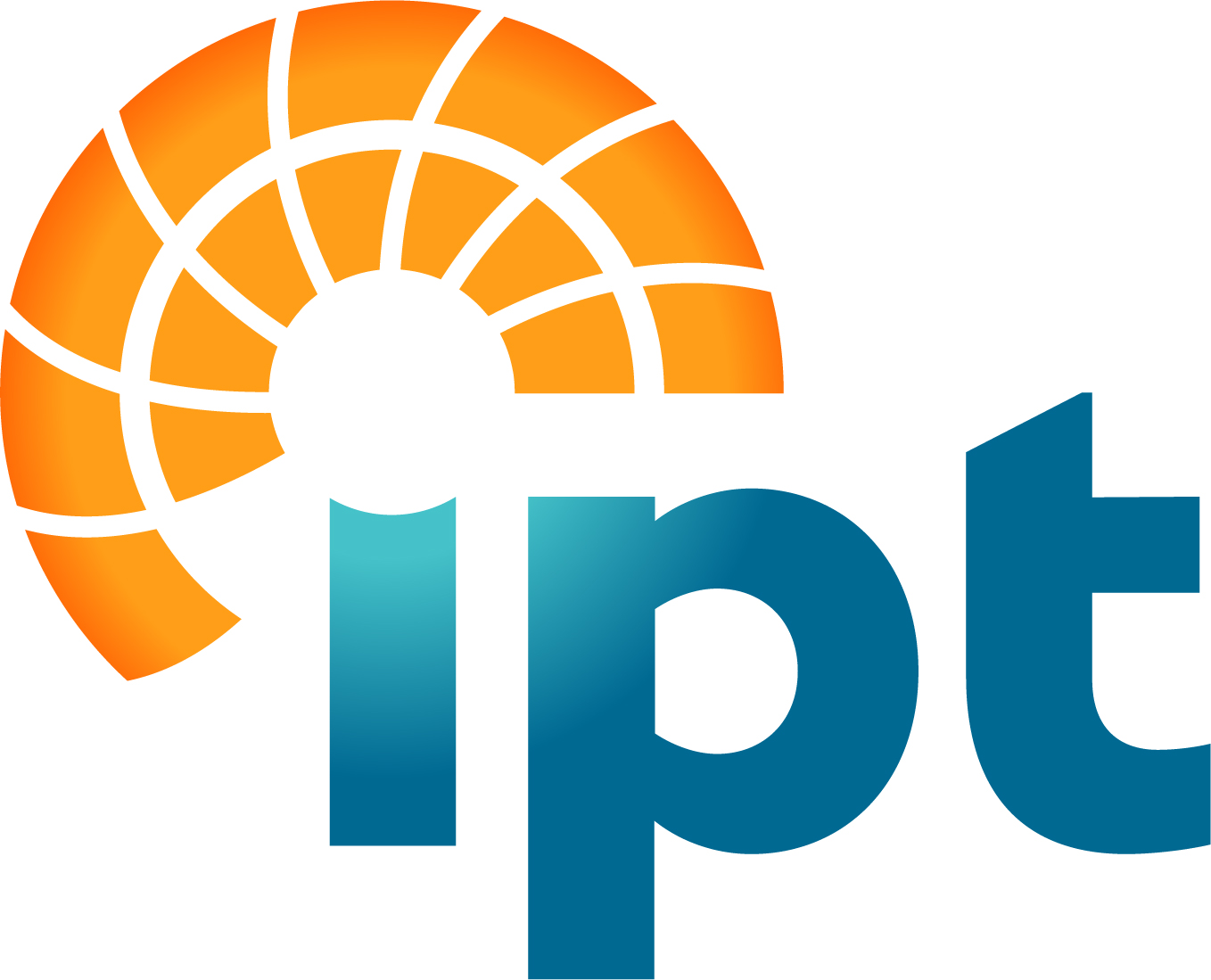
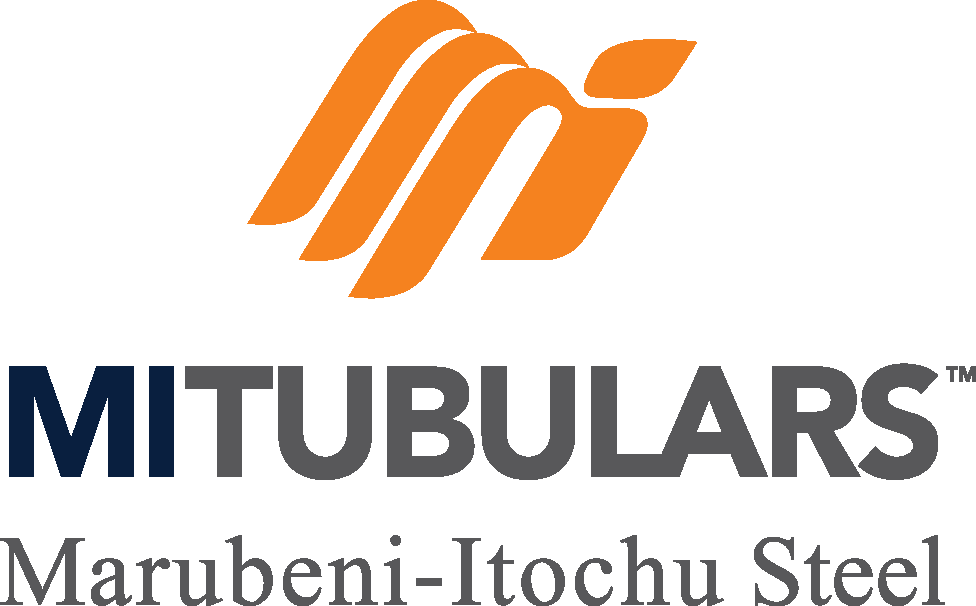


Search AADE for PDF Files
© 2024 American Association of Drilling Engineers
Follow AADE:
This website uses cookies. By continuing to browse this website without changing your web-browser cookie settings, you are agreeing to our use of cookies. To learn more read our privacy policy.
Ok


